One of my favorite topics to research and write about: sugar and gut health.
Why? Because sugar is literally in almost everything.
I am making this very clear with the list below of 192 sugar sources and alternate names.
And while we (and by “we,” of course I mean me!) love sugar, I can never help but constantly question –
Does sugar contribute to a healthy gut? Or maybe the question is, ‘What does a high-sugar diet do to the gut microbiome?”
Note: This post was originally published in 2014. It has been updated as of 2024. Yes, I’ve been around for a very long time doing this work 🙂
Sugar is the Most Potent Drug
Let’s start here….Did you know that sugar is the most potent drug?
Or that the sugar addiction is real?
I once stumbled upon an article from a company called Fooducate.
The article’s title, “Is Evaporated Cane Sugar Juice Healthier than Sugar?”
The short answer is “no, it is not.”
Evaporated cane juice is simply cane sugar. They contain the same amount of calories. Evaporated cane juice confers no additional nutrients or antioxidants.
There is one difference though. Evaporated cane juice is derived from sugar cane, not from beets. Approximately half the sugar supply in the US is from beets, and most of them are genetically modified. Sugar cane is not genetically modified. Manufacturers could easily state that they are using cane sugar, but again, cane juice sounds healthier.
The article reminded me of the trickery that is so many of our favorite sweet treats, how it’s everywhere and in everything, but that many times we are fooled because it doesn’t wear the name tag: I am sugar.
As a matter of fact, for the most part, sugar is sugar is sugar….and if you want to heal your gut or simply just feel better in general, all that extra sugar and natural sweeteners must leave your daily choices immediately.
Sugar and Gut Health
Click HERE to save this article on sugar and gut health for later.
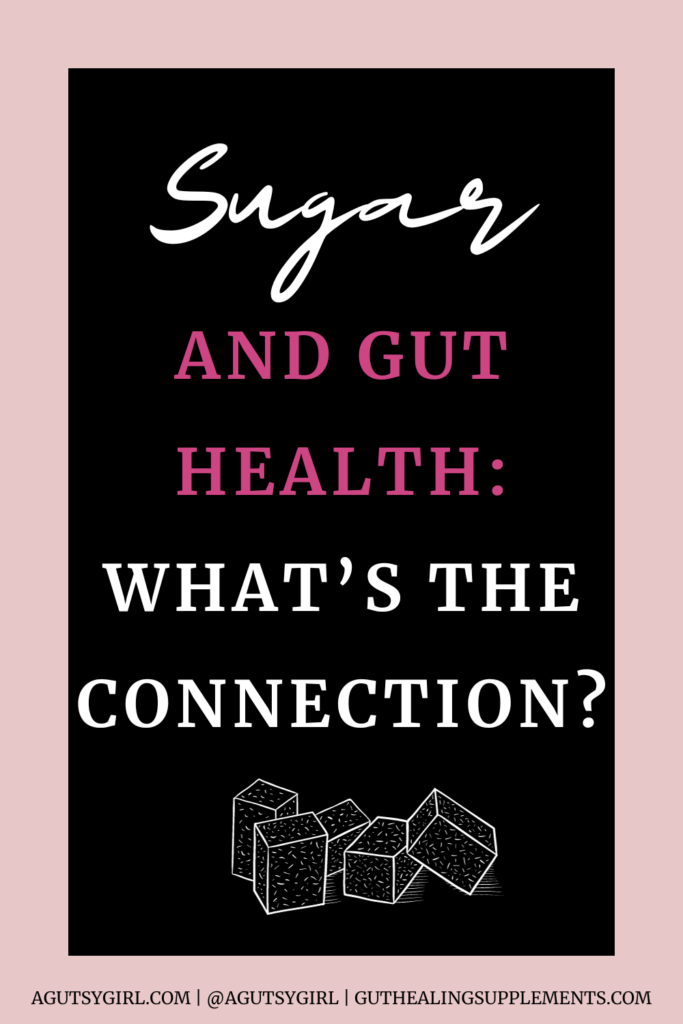
17 teaspoons.
That’s how much sugar the average American consumes on a daily basis (according to the American Heart Association).
And while this is a high intake of sugar, rarely do we recognize that we are, in fact, indulging in excessive sugar consumption.
But make not mistake about it – high sugar consumption has clearly been shown to have a significant effect on the human gut.
Let’s check out some previous studies and even more recent ones that have been conducted….
Diabetology put out research titled, “Impact of Dietary Sugars on Gut Microbiota and Metabolic Health.”
In their study, they found:
Although added sugars in the form of nutritive and non-nutritive sweeteners are generally considered as safe, a growing body of evidence correlate their consumption with adverse effects on gut microbial ecosystem; namely an abnormal synthesis of short-chain fatty acids, altered intestinal barrier integrity and chronic inflammation that often fuel a panoply of metabolic conditions.
Furthermore, Columbia University Irving Medical Center found the following:
A study of mice found that dietary sugar alters the gut microbiome, setting off a chain of events that leads to metabolic disease, pre-diabetes, and weight gain.
They also noted,
Sugar eliminates the filamentous bacteria, and the protective Th17 cells disappear as a consequence.
And “what function for the gut’s purpose do Th17 cells provide?”
Science Direct states,
Th17 cells are proinflammatory cells that secrete IL-17A, IL-17F, IL-21, and IL-22 and provide immunity to several extracellular pathogens including defense against infections from Candida, Citrobacter, and Klebsiella (Happel et al., 2005; Huang et al., 2004; Mangan et al., 2006)
This could help you understand more about why your practitioner tells you absolutely no sugar if you have Candida.
More Scientific Research Regarding High Sugar Intake and Gut Bacteria
The NIH also came out with research stating,
Consequently, high dietary sugar can, through the modulation of microbiota, promote metabolic endotoxemia, systemic (low grade) inflammation and the development of metabolic dysregulation.
They further state,
High sugar intake seems to stagger the balance of microbiota, by modifying the ratio of Proteobacteria and Bacteroidetes, to have increased pro-inflammatory properties, decreased immune-regulatory functions and decreased capacity to regulate epithelial integrity.
This is important to note because we already know that when there is dysfunction of the intestinal epithelial barrier, increased permeability occurs and thus “leaky gut syndrome” surfaces.
In case you’re new ’round here, I wrote a book in 2019 about leaky gut, and am super passionate about the topic.
I focus a lot on it, and healing and sealing the gut lining because of it today.
Anyways….
We are misled when it comes to sugar
And here are just some of the overall health lies we are told regarding added sugar.
- No-calorie (aka nonnutritive or artificial sweeteners) sugars will make us “thin” (Grab me another Diet Coke because it’s just what I need for this sweet tooth.)
- As long as it’s “organic,” it’s not only okay, but it’s good for us (Natural sugars are healthy for me.)
- If the package doesn’t say “sugar,” then there’s no sugar in it (I’m not seeing the words, “Cane Sugar” on this packaged product; I’m good to go.)
Sugar is a major problem child, and for good reason; sugar’s effects are addictive.
If you don’t believe me, study my list of 192 sugar sources and alternate names below.
Then, cut them all for even just three days.
Keep meticulous notes in your gut healing journaling system [get it HERE] and revisit this article.
I do this experiment with these dietary changes once every few months.
Here’s what happens in the first three days alone:
- Intestinal inflammation drastically reduces and one way I know this is because my bowel movements are at least 2 x’s per day on the Bristol Stool Chart #4. It’s incredible!
- The highs-and-lows disappear; blood sugar levels normalize. (You can do an actual test with this by using the Nutrisense [HERE – save $30]
- Sugar cravings drastically reduce; no, they aren’t gone in 3 days, but they are majorly reduced.
It is this addiction to all types of sugar that keeps bad gut bacteria thriving.
Gut microbes not consisting of good bacteria love them some sugar to feast on.
And the longer we ignore the impact sugar has on gut health, consuming too much sugar, the more likely it is that we cannot heal irritable bowel syndrome and/or inflammatory bowel disease.
In A Gutsy Girl’s Bible: a 21-day approach for healing the gut, I put together a list of 192 sugar sources and alternate names. (For the record, I also did the same thing with the following: corn, dairy, egg, fish, legumes and beans, soy, wheat, and gluten. And yes, I worked on this for months!)
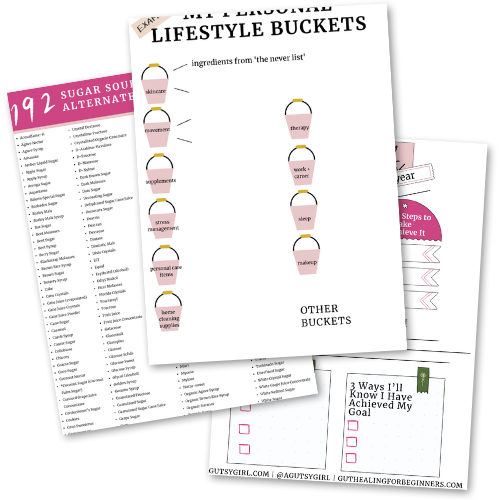
Get A Gutsy Girl’s Bible + A Gutsy Girl’s gut healing journal SYSTEM + a 4-week day-by-day calendar for steps to take in healing your gut starting TODAY.
24/7 access, 365 days a year.
When it comes to healing the gut, knowing exactly what to look for on labels is critical.
Here is my contribution to helping you spot sugar!
192 Sugar Sources and Alternate Names
Click HERE to save this post for later.
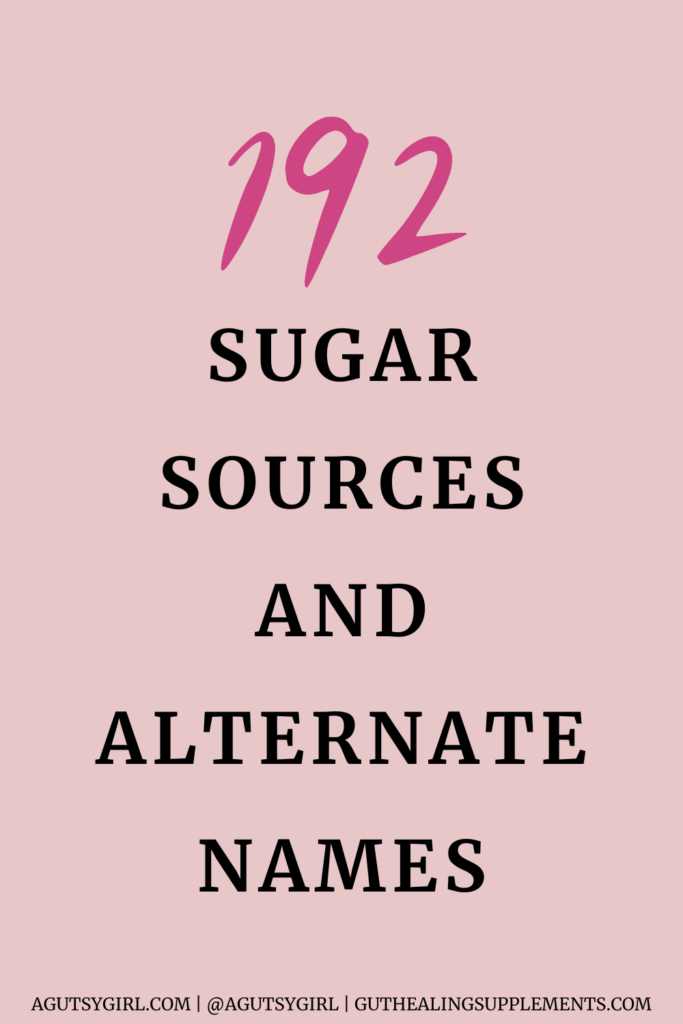
Now that you understand the intersection of sugar and gut health, here are 192 sugar sources and alternate names.
I bet you had no idea there could be so many!
- Acesulfame-K
- Agave Nectar
- Agave Syrup
- Amasake
- Amber Liquid Sugar
- Apple Sugar
- Apply Syrup
- Arenga Sugar
- Aspartame
- Bakers Special Sugar
- Barbados Sugar
- Barley Malt
- Barley Malt Syrup
- Bar Sugar
- Beet Molasses
- Beet Sugar
- Beet Syrup
- Berry Sugar
- Blackstrap Molasses
- Brown Rice Syrup
- Brown Sugar
- Buttery Syrup
- Cake
- Cane Crystals
- Cane Juice (evaporated)
- Cane Juice Crystals
- Cane Juice Powder
- Cane Sugar
- Caramel
- Carob Syrup
- Castor Sugar
- Cellobiose
- Chicory
- Coarse Sugar
- Coco Sugar
- Coconut Nectar
- *Coconut Sugar (Coconut Palm Sugar)
- Concord Grape Juice Concentrate
- Confectioner’s Sugar
- Cookies
- Corn Sweetener
- Cornsweet 90
- Corn Syrup
- Corn Syrup Solids
- Creamed Honey (this is not the natural honey)
- Crystal Dextrose
- Crystalline Fructose
- Crystallized Organic Cane Juice
- D-Arabino-Hexulose
- D-Fructose
- D-Mannose
- D-Xylose
- Dark Brown Sugar
- Dark Molasses
- Date Sugar
- Decorating Sugar
- Dehydrated Sugar Cane Juice
- Demerara Sugar
- Dextrin
- Dextran
- Dextrose
- Diatase
- Diastatic Malt
- Dixie Crystals
- ECJ
- Equal
- Erythritol (alcohol)
- Ethyl Maltol
- First Molasses
- Florida Crystals
- Fructamyl
- Fructose (some of this allowed; specified where)
- Fruit Juice
- Fruit Juice Concentrate
- Galactose
- Glucomalt
- Glucoplus
- Glucose
- Glucose Solids
- Glucose Sweet
- Glucose Syrup
- Glycol (alcohol)
- Golden Syrup
- Gomme Syrup
- Granulated Fructose
- Granulated Sugar
- Granulated Sugar Cane Juice
- Grape Sugar
- Gum
- Gur
- High-Fructose Corn Syrup (HFCS, HFCS 42, HFCS 55)
- High Dextrose Glucose Syrup
- High Fructose Maize Syrup
- High Maltose Corn Syrup
- Honey
- HSH
- Hydrogenated Starch
- Hydrogenated Starch Hydrosylate
- Hydrolyzed Corn Starch
- Icing Sugar
- Inulin
- Invert Sugar
- Inverted Sugar Syrup
- Invert Syrup
- Isoglucose
- Isomalt
- Jaggery
- Lactitol
- Lactose
- Levulose
- Light Brown Sugar
- Light Molasses
- Liquid Sugar
- Malt
- Malted Barley Syrup
- Malted Corn Syrup
- Malt Syrup
- Maltodextrin
- Maltitol
- Maltitol Syrup
- Maltose
- Mannitol (alcohol)
- Maple Sugar
- Maple Syrup
- Meritose
- Meritab 700
- Mints
- Misri
- Mycose
- Mylose
- Nutra-sweet
- Organic Agave Syrup
- Organic Brown Rice Syrup
- Organic Sucanat
- Organic Sugar
- Organic Raw Sugar
- Orgeat Syrup
- Panela
- Pancake Syrup
- Panocha
- Pearl Sugar
- Powdered Sugar
- Pure Cane Syrup
- Pure Sugar Spun
- Raisin Syrup
- Raffinose
- Rapadura
- Raw Agave Syrup
- Raw Sugar
- Refiner’s Syrup
- Rice Malt
- Rice Syrup
- Rice Syrup Solids
- Rock Sugar
- Saccharin
- Saccharose
- Sanding Sugar
- Shakar
- Simple Syrup
- Sirodex
- Splenda
- Sucrose
- Sorbitol (alcohol)
- Sorghum
- Sorghum Syrup
- Stevia (it usually has many other added things to it)
- Sucrose
- Sucrosweet
- Sugar
- Sugar Beet Crystals
- Sugar Beet Syrup
- Sugar Cane Juice
- Sugar Cane Natural
- Sulfured Molasses
- Sweet-n-Low
- Sweetened Condensed Milk
- Sweetleaf
- Table Sugar
- Tagatose
- Treacle
- Triose
- Truvia
- Turbinado Sugar
- Unrefined Sugar
- White Crystal Sugar
- White Grape Juice Concentrate
- White Refined Sugar
- White Sugar
- Wood Sugar
- Xylose
- Xylitol (alcohol)
- Yellow Sugar
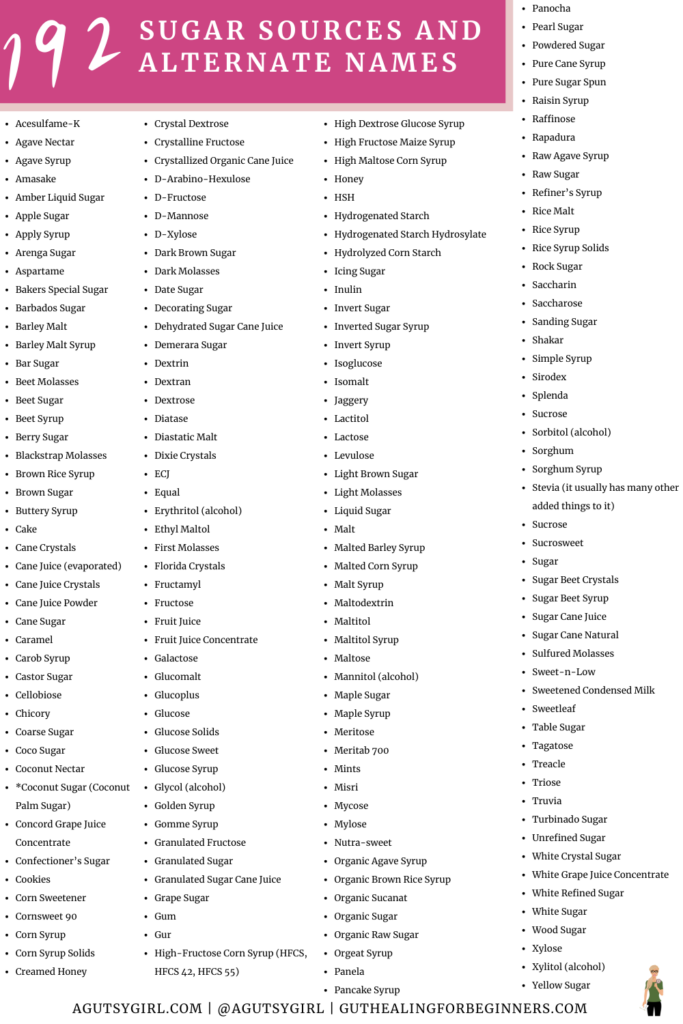
The Master Guide to Nonnutritive Sweeteners
Examples of nutritive sweeteners include: table sugar, honey, agave, and High-fructose Corn Syrup (HFCS).
A nonnutritive sweetener, though, provides no nutrition; simply just marketed as sugar free sugars.
According to the USDA, a nonnutritive sweetener is defined as,
Zero- or low-calorie alternatives to nutritive sweeteners, such as table sugar. These sweeteners can be added to both hot and cold beverages and some can be used for baking. Nonnutritive sweeteners are much sweeter than sugar so only small amounts are needed. They provide fewer calories per gram than sugar because they are not completely absorbed by your digestive system.
But what exactly are nonnutritive sweeteners? How will you know what they are/what are they called? (Because, no, when reading a nutrition label it will not say, “nonnutritive sweetener.”) And is it okay to use them?
Grab the full Master Guide to Nnonnnutritive Sweeteners HERE.
If you liked this post on sugar and gut health, you might also enjoy:
- All About the Large Intestine
- Best Supplements for SIBO – small intestine bacterial overgrowth – [based off experience + research]
- Interesting Facts About the Immune System {Plus 13 Science Backed Ways to Boost Your Immune System}
Xox,
SKH
You will heal. I will help.

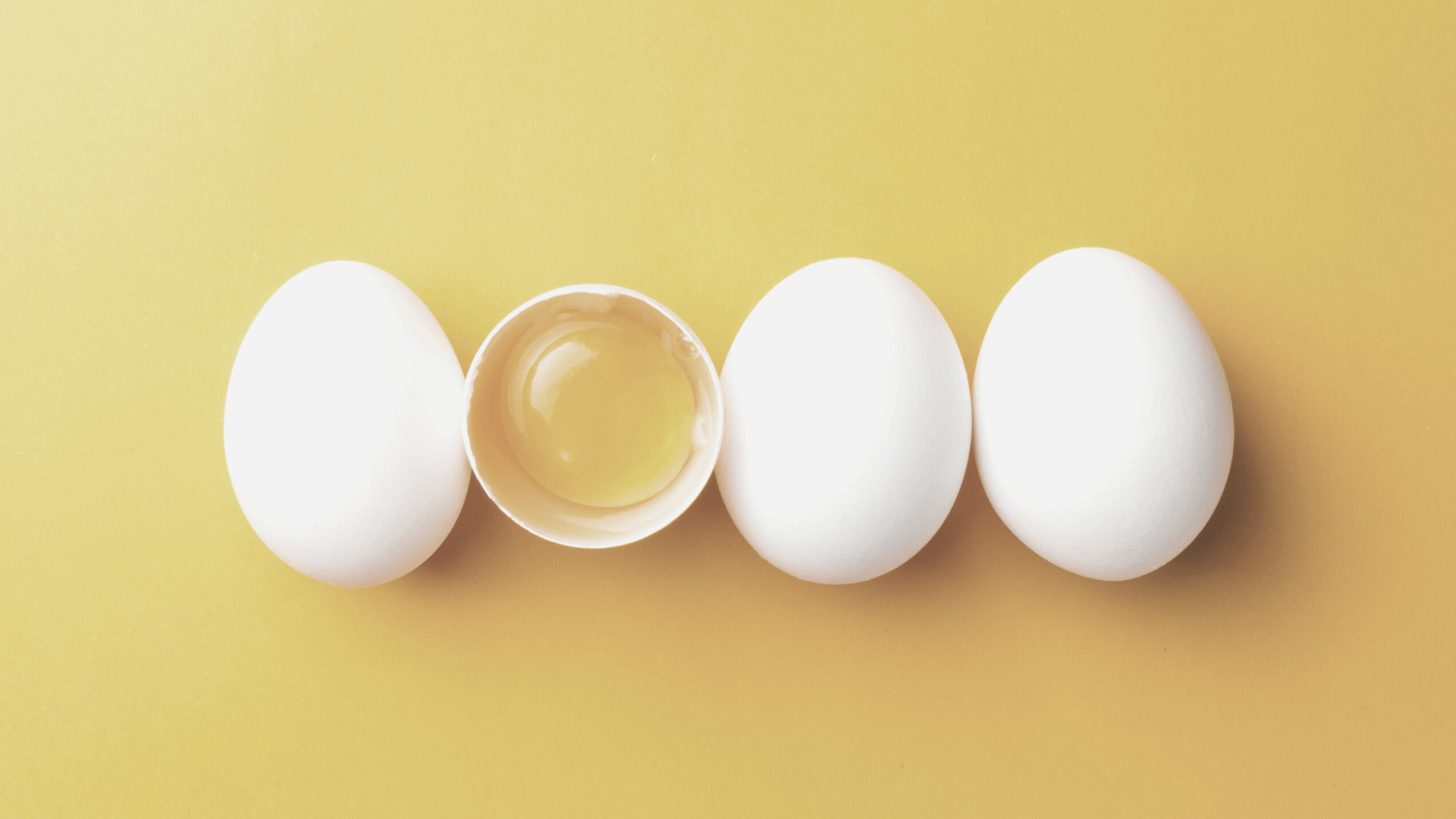
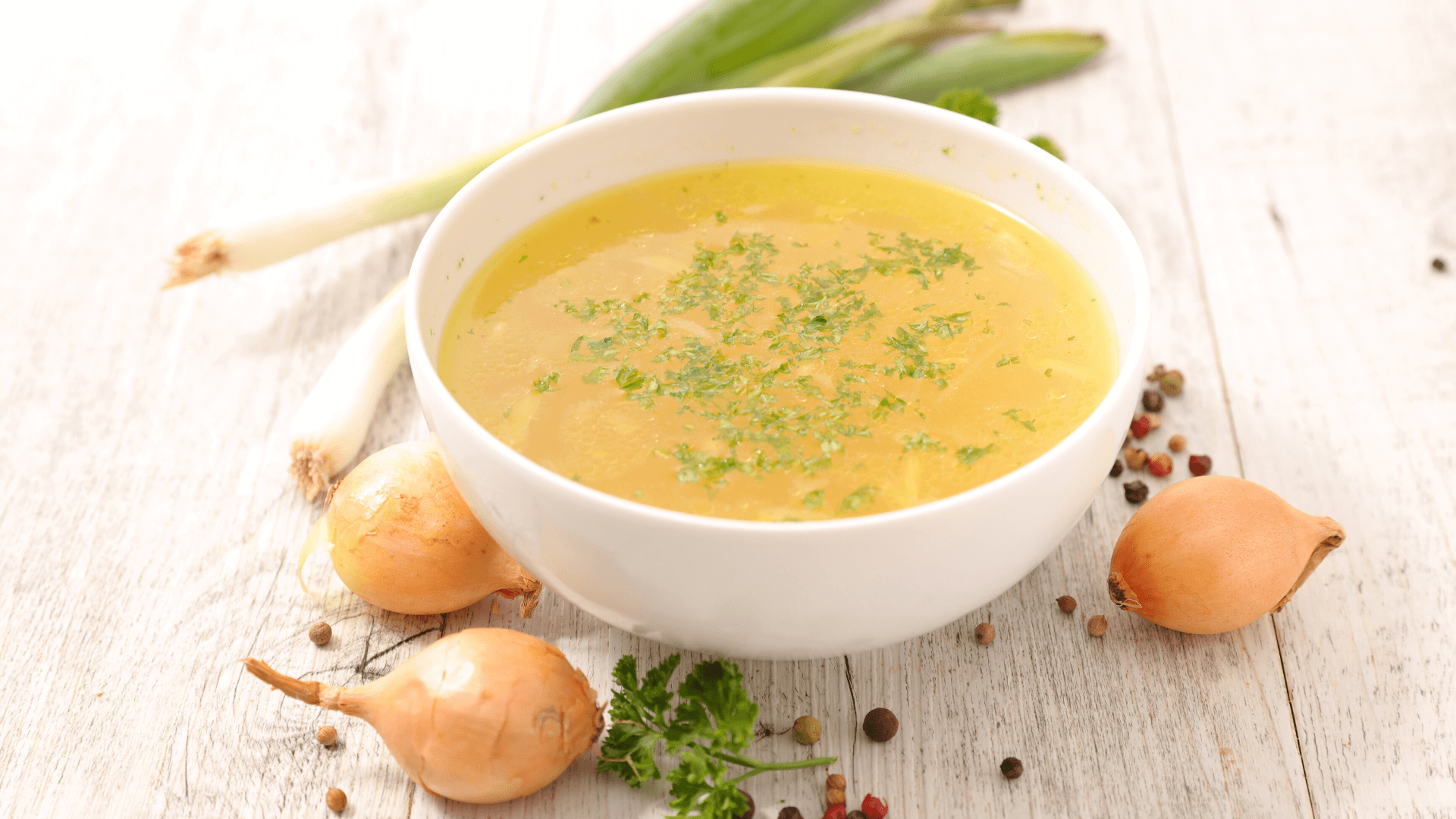
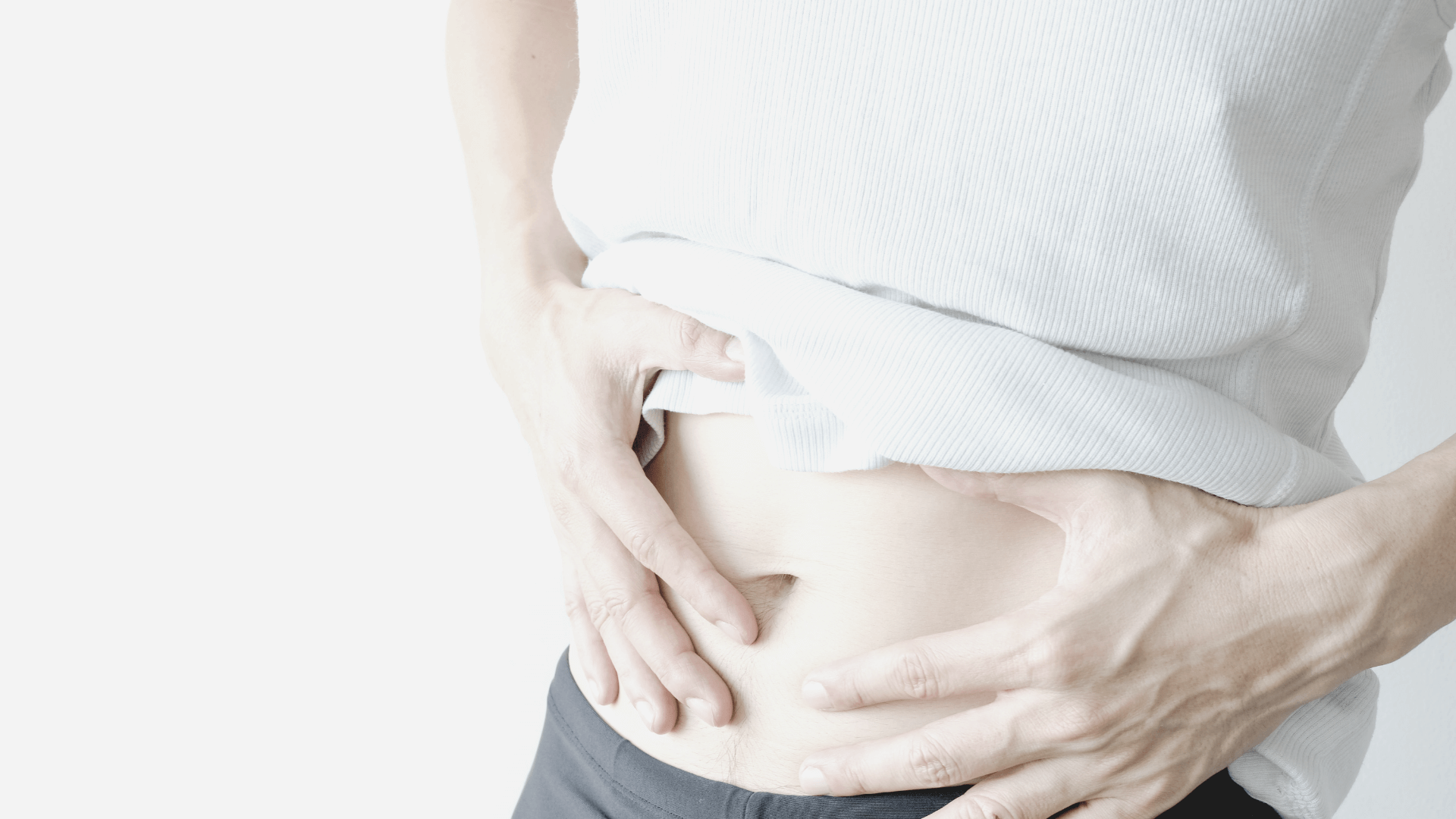
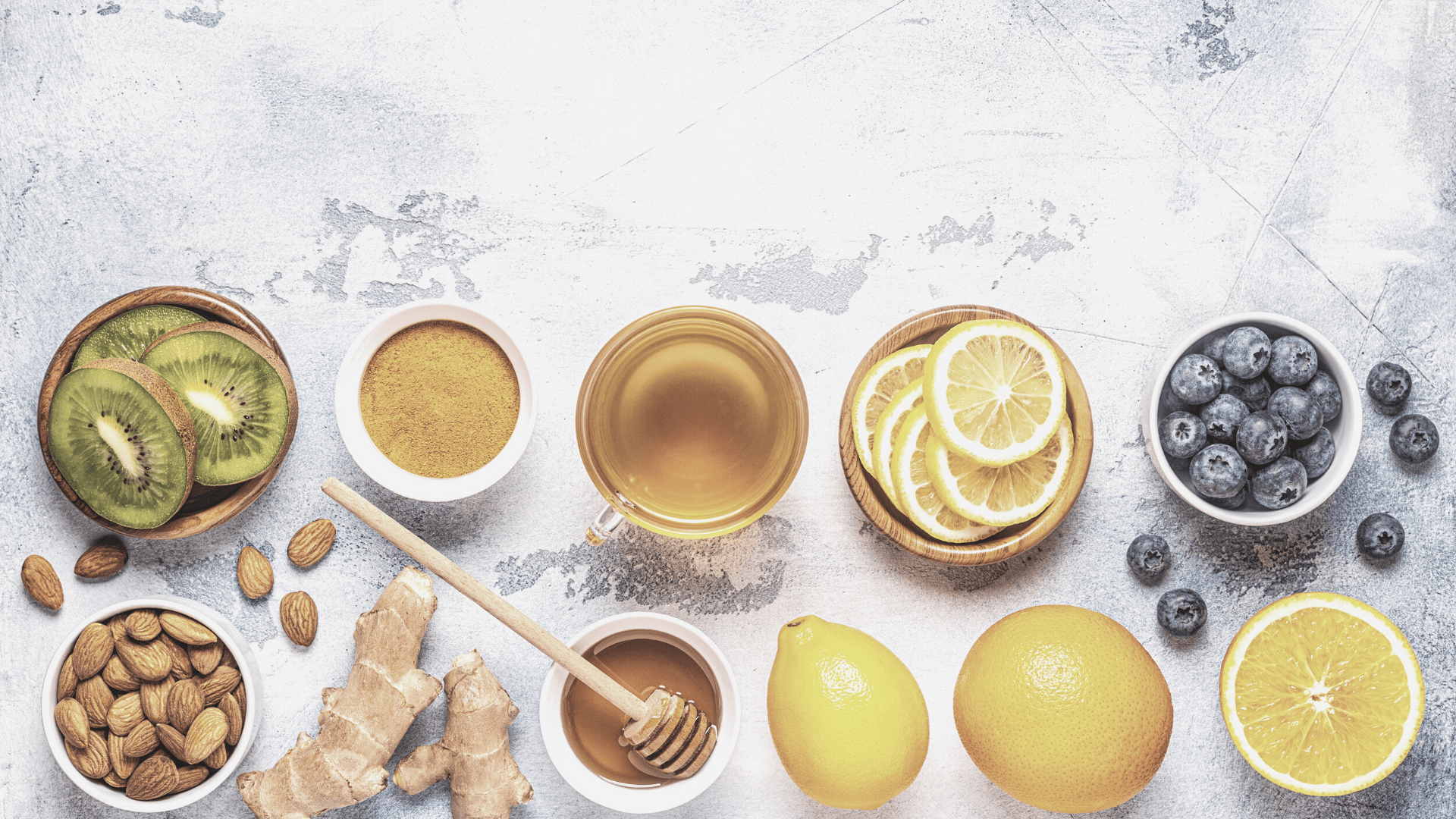
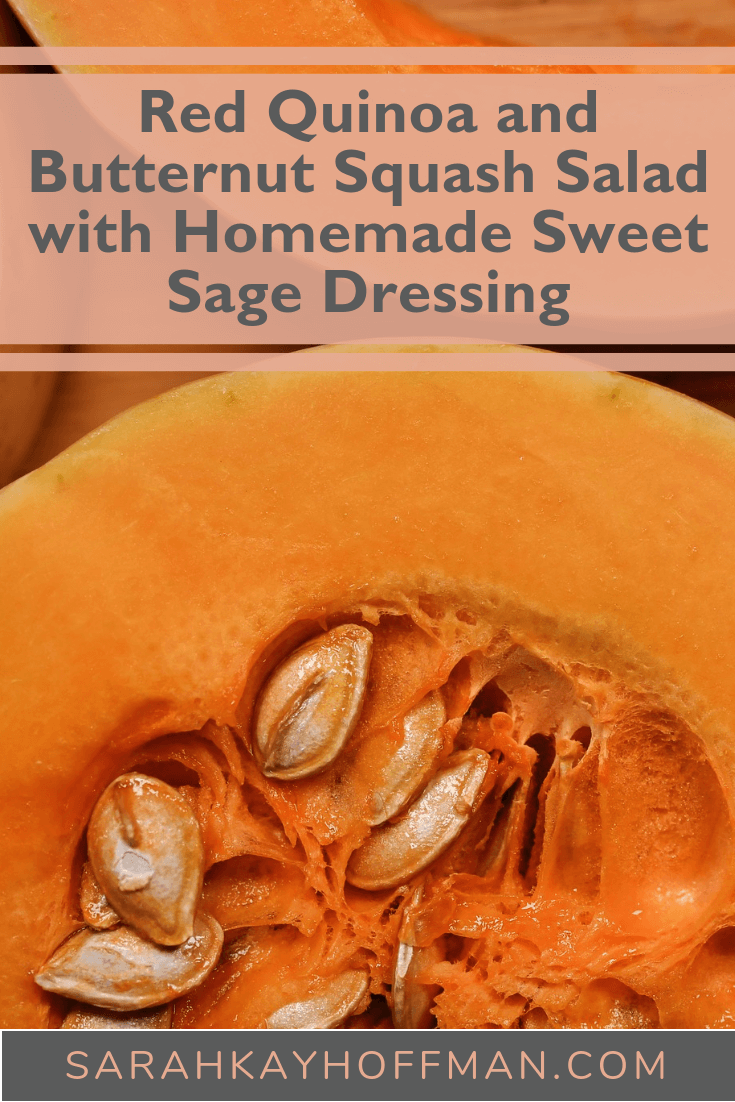
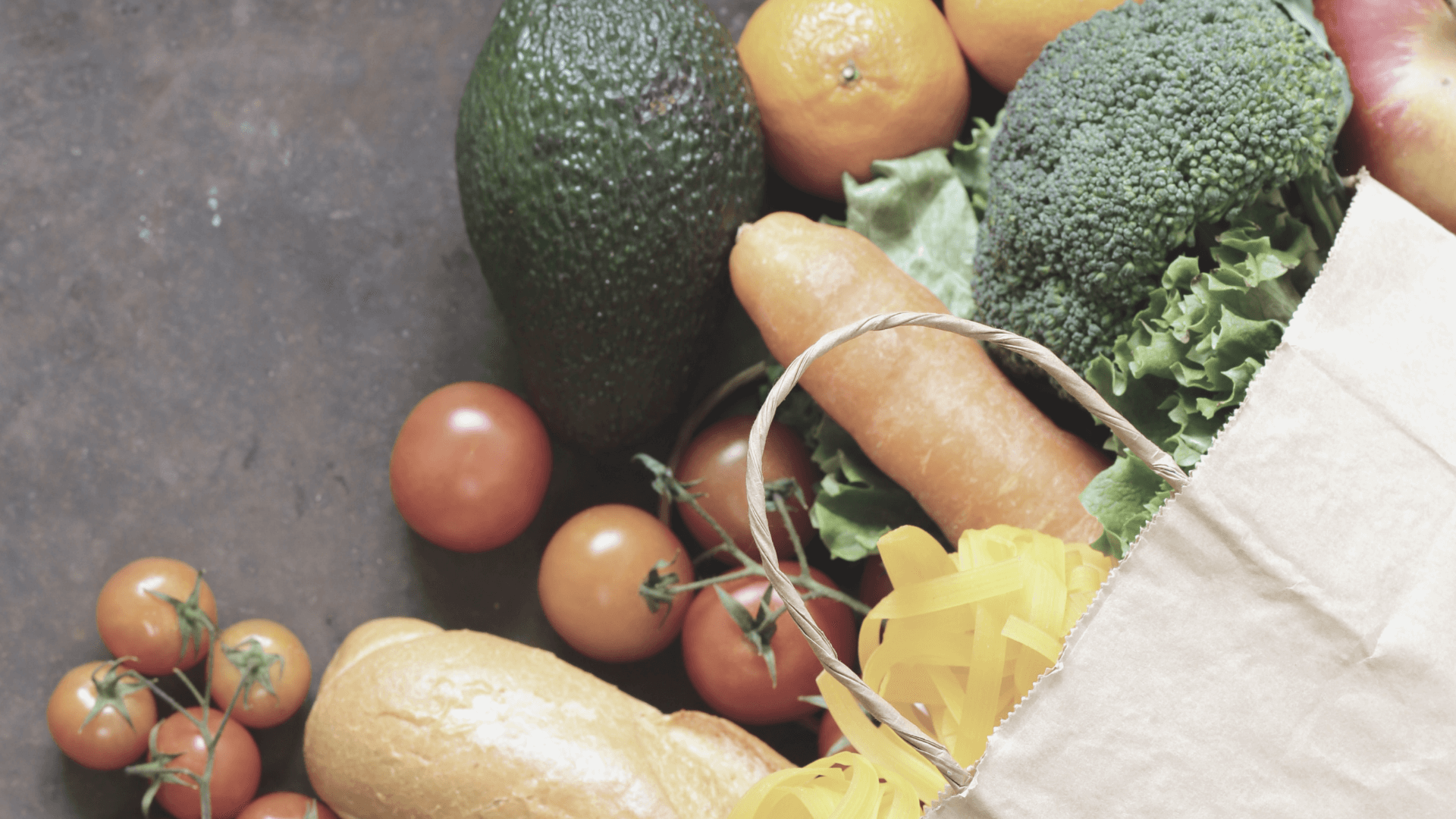
Isn’t that just disgusting? How manufacturers and companies are all trying to hide something? Gross.
So disgusting!
ugh SO.MUCH.SUGAR!
That’s a lot of ways for sugar to sneak into our diets!
Crazy how they sneak so much sugar into things!
I LOVE this list! So helpful. One thing I love about sugar alcohol is that it’s not really a sugar or an alcohol as it doesn’t respond in the body like most sugars do (from an insulin standpoint). Actually, research show’s that 90% of Erythritol passes through the gut without any fermentation at all, making it a good alternative for people who want to avoid sugar.
Here’s some research you might find interesting: http://www.ncbi.nlm.nih.gov/pubmed/16277764 and I love this guy’s work: http://authoritynutrition.com/erythritol/
Nice work!
Great thoughts…thanks for sharing, Caren!
I cannot believe this. Who makes up these names? Is it manufacturers? Is it ingredient distributors? I don’t really understand how we have 192 names for sugar!
Seriously:) Love your comment!
Hi Sarah,
As a sugar free eater myself who does so for a seizure conditions I appreciate that you have provided this list, however I have a major problem with you listing stevia which is NOT artificial if you buy from a high quality source like NuNaturals and you only buy the pure white stevia extract or the liquids ( with no additives). Stevia is not chemically derived if you buy the right brand nor has it ever caused me issues. In fact, it’s only helped me in my ten year quest of not eating sugar. I do hate the many names sugar wears and the disgusting turn out food industry has taken .
I also know most stevia products contain additives like maltodextrin or dextrose which ate both sugar, but pure white stevia extract or pure liquid stevia extract( without glycerin) should not be included on this list. They are water extracted from the stevia plant and from the right source they are the perfect answer for those of us that don’t tolerate sugars like honey or coconut sugar. Stevia has no effect on the glycemic index nor does it have any calories.
I’m not trying to be rude, I just don’t feel it’s fair to leave that out. As an avid label reader, I do appreciate you taking the time to make others aware.
Hi Heather!
Thank you for stopping by and for your thoughts. A few things:
1. By no means did I ever say that all 192 forms were bad. The list is indifferent. It was meant to be a resource so people know what sugar is. The bottom line is that Stevia, too, is a form of sugar.
2. Like you, I actually do use Organic Liquid Stevia and I know all about the things some Stevia manufacturers pump into their product. That said, while I am happy you found your superior source of NuNaturals, you do partner with them, so that is also a disclosure.
3. Honey is a sugar. Coconut Sugar is a sugar. Organic Liquid Stevia is a sugar. I use all 3, and the first 2 I use in my nut butter line. To each is own, though, and everyone will tolerate different forms of sugar in different ways. But again, they are all still a form of sugar.
Thanks again!
To each her own is true, but stevia is not sugar. They are in no way related. It is an herbal sweetener, not a sugar. And yes, I am affiliated with NuNaturals but buy other types of PURE stevia as well- not just NuNaturals and because I don’t tolerate sugar for medical reasons. Sugar is not a sweetener and the two aren’t the same. I am so glad you put this list together though because as someone who’s studied it for years due to a seizure condition controlled by sugar intake, I can promise you- we need more people out there doing this.
Bless you!
Stevia* is not a sugar I meant- though it is a natural sweetener*
Thank you for sharing your perspective….most appreciated.
Hi …. Would love your thoughts/ input . At the local farmer’s market I asked one of the honey providers if his honey was organic….he replied that he could not label it organic and there was no honey maker that could guarantee organic honey because you don’t know if the bees are landing on organic plants or non organic plants…
SUPER VALID point, Judy. I have reached out to my supplier to ask this question:)
I have to disagree with you…Stevia is natural and completely acceptable and ok to use…it is the only one I can have (Candida) and totally agrees with me…I too have done research on it, but one has to be careful and not just buy anything that says Stevia as everyone is trying to capitalize on the $$$ this brings.
Wanda – but what are you disagreeing with me on? I never said it wasn’t okay to use. Fact remains: it’s a sugar. That is why it’s on the list.